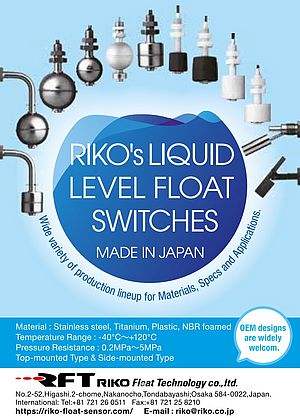Shell Lubricant experts and nearly 150 industrial customers from all over Europe came together at the Shell Technology Centre in Amsterdam last Thursday to discuss how effective lubricant selection and application can make a significant difference to a company's total cost of ownership. A global survey conducted by Shell demonstrates the ever-critical role that the management of lubricant products and services will play in unlocking competitive advantage for businesses. The key is correct lubricant selection, application and management which involves regularly working with an oil supplier like Shell to audit, review and improve operations.
Lubricant Trends and Challenges
During the Shell Technology Forum, world-class technologists from Shell and the industry spoke about lubricant trends and challenges, the emergence of industry 4.0, total cost of ownership and how to reduce total amount spent on industrial equipment maintenance. Breakout sessions were also organised for deep-dive discussions on everyday problems faced by industrial businesses in an increasingly competitive economy.
Roger Moulding, Shell Vice President for Global Lubricants Marketing and Lubricants Sales in Europe, says the cost saving power of lubricants is often underestimated: “Shell Lubricants has conducted a global survey to look at how end users approach the subject of total cost of ownership. We have found that many users recognise, but vastly underestimate, the potential impact of good lubricant selection and a management program on their operational costs. Failing to recognise this means many companies are “leaving money on the table” and reducing the potential competitiveness of their operations. Getting this approach right is critical in today’s competitive business environment, but will be even more important as we start to see the impact of emerging technologies and business models associated with Industry 4.0.”
Eight key Markets
The global Total Cost of Ownership research by Shell surveyed those who purchase or influence the purchase of lubricants and greases for their businesses across eight key markets. According to the study, 60% of the companies admit their lubrication errors caused unplanned downtime, 63% don’t conduct enough staff training on lubricants while 51% don’t expect higher quality lubricants to help reduce maintenance costs.
Customer Savings
Shell technologists highlighted these gaps to customers at the Technology Forum and shared that by helping companies upgrade their lubrication practices, Shell Lubricants has delivered $139 million in customer savings over the last five years alone . This was made possible by a 300-strong team of technical specialists that helps companies to optimise their lubrication practices. Their role is to visit customer sites and share expertise about lubrication management, to ensure that customers not only have the right lubricant or grease for their equipment, but have the right processes and practices in place to maximise the benefits.
Dr. Richard Tucker, Shell General Manager B2B Technology, said: “When companies are under pressure to reduce maintenance spend, lubricants are often one of the first areas where they look to cut costs. However, while selecting a less effective lubricant rarely results in immediate equipment failure, it can lead to increased maintenance expenses over time. These mounting costs can be far greater than the savings from selecting a lower price lubricant.”
Collaborations and Co-engineering
Shell Lubricant experts believes technology collaborations and co-engineering can yield some of the best results and lubricant solutions, helping us to push the boundaries of R&D – Together, anything is possible. Technical Partnerships with original equipment manufacturers (OEMs) help ensure that lubricants and greases are optimised for the latest equipment technology.
Lubricant Product Selection and Management
Shell Lubricants works closely with a number of key OEMs to develop products that are technologically advanced and can meet and exceed equipment needs both now and in the future. By working closely with customers and helping to improve their operations and savings, Shell has demonstrated that lubricant product selection and management can impact many elements of a company’s maintenance budget. These savings that Shell has achieved for various customers around the world indicate the potential for lubrication excellence to deliver total cost of ownership reductions and productivity increases.




























































